The development of innovative technology, including Big Data and Artificial Intelligence (AI), has been impacting the globe at lightning speed. Since the birth of mobile apps in 2007, the world has entered a new era of Internet of Things (IoT).
As the main backbone for building the “Smart City”, IoT has already penetrated our daily lives, such as through the use of smart waste bins. Enterprises have recognized the potential of IoT to create great business opportunities and have initiated new solutions and products. So what exact benefits can the IoT bring for businesses?
Transformation of devices and increased product efficiency
IoT devices, also known as “smart products”, or “network-connectable products”, are capable of sensing and monitoring changes in the environment or other object conditions. They are usually composed of embedded sensors.
To recognize the changes by collecting data of environmental conditions and objects in the “Smart Construction Site”, sensing technology can be implanted into various objects like personal protective equipment, mechanical equipment, buildings, and site entrances and exits. This enhances the accuracy of information transmission, interaction and communication among construction workers, while also improving response speed, flexibility and efficiency.
Enterprises have capitalized the benefits of “Smart Cities” by making changes to their devices and products’ designs and integrating them with IoT and big data. This generates more sales chances for their solutions and products.
Collecting data to optimize marketing strategies
Furthermore, IoT helps enterprises analyze and develop strategies, as well as collect and optimize big data, leading to more successful marketing. Enterprises have a higher level of freedom in data collection through the application of IoT devices and equipment. It enables them to make further adjustments and improvements to products, services and market strategy plans by learning, tracking, and recording users’ or target customers’ behavior patterns and preferences.
Improving inventory management models
IoT has also changed the business inventory management model, enabling enterprises to save on human resources, costs and time. By tracking and managing inventory via remote control or other networked devices, companies with warehouses can fully supervise the entire process with only a small number of employees. It allows for more convenient and accurate management while reducing the impact on shipping arrangements and sales volume because of out-of-stock.
Enhancing overall enterprises’ competitiveness
In today’s market, companies are not only competing with their rivals based on their positioning, service quality and products. It is necessary for them to keep up with the pace of the public by utilizing new technologies related to Smart City and big data. With the emergence of the IoT, overall business competition has increased by meeting the increasing needs of the customers.
In addition, the application of the IoT has enhanced the knowledge and skills of staff, particularly in the area of digital transformation. It ensures that employees are capable of launching and implementing new IoT strategies in the future, enabling enterprises to maintain a leading position in the industry.

